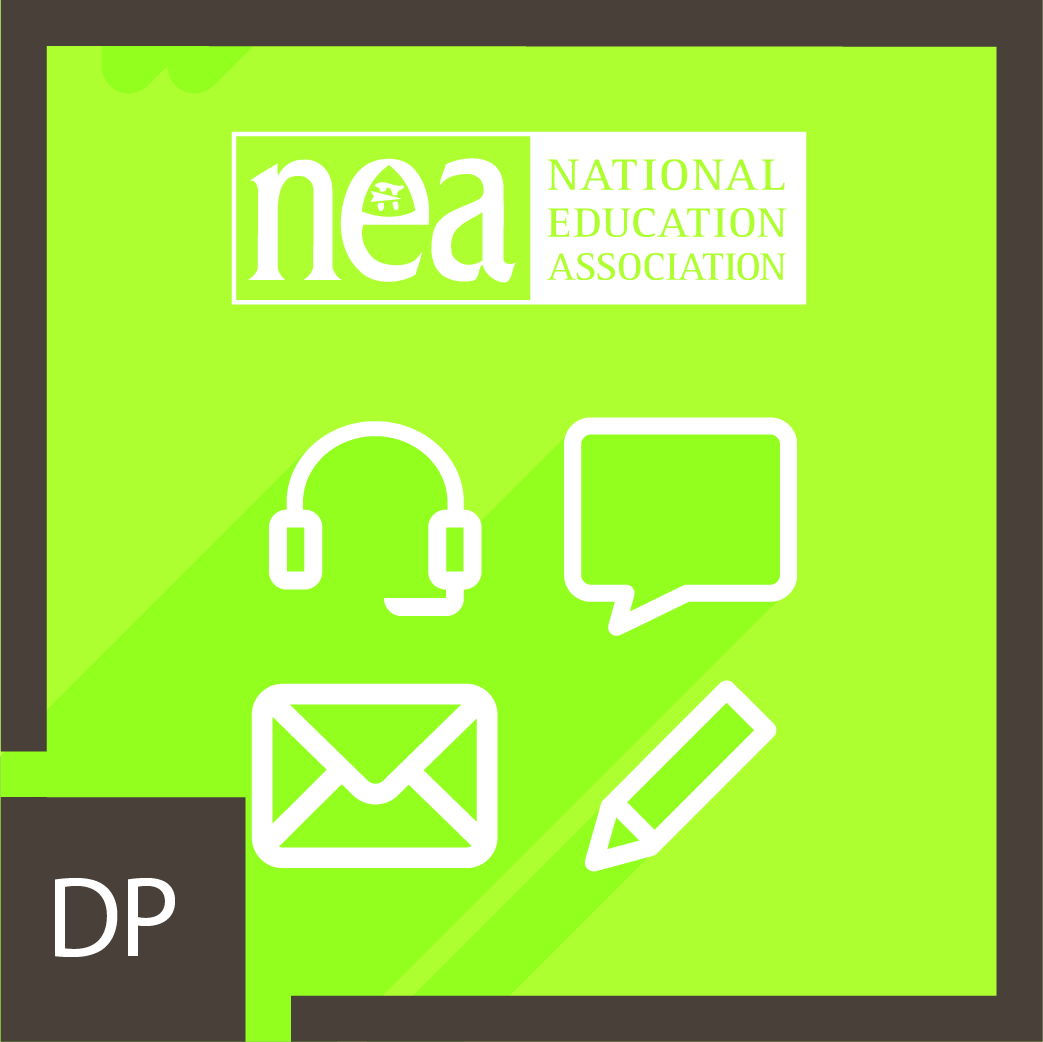
|
Communication Standard
The Education Support Professional (ESP) effectively listens and communicates (written and verbal) with a diverse audience, including students, parents/guardians, staff, visitors, and community.
Types of Evidence Required: Professional vision, professional growth plan AND documentation
[View PDF]
|
Start
|
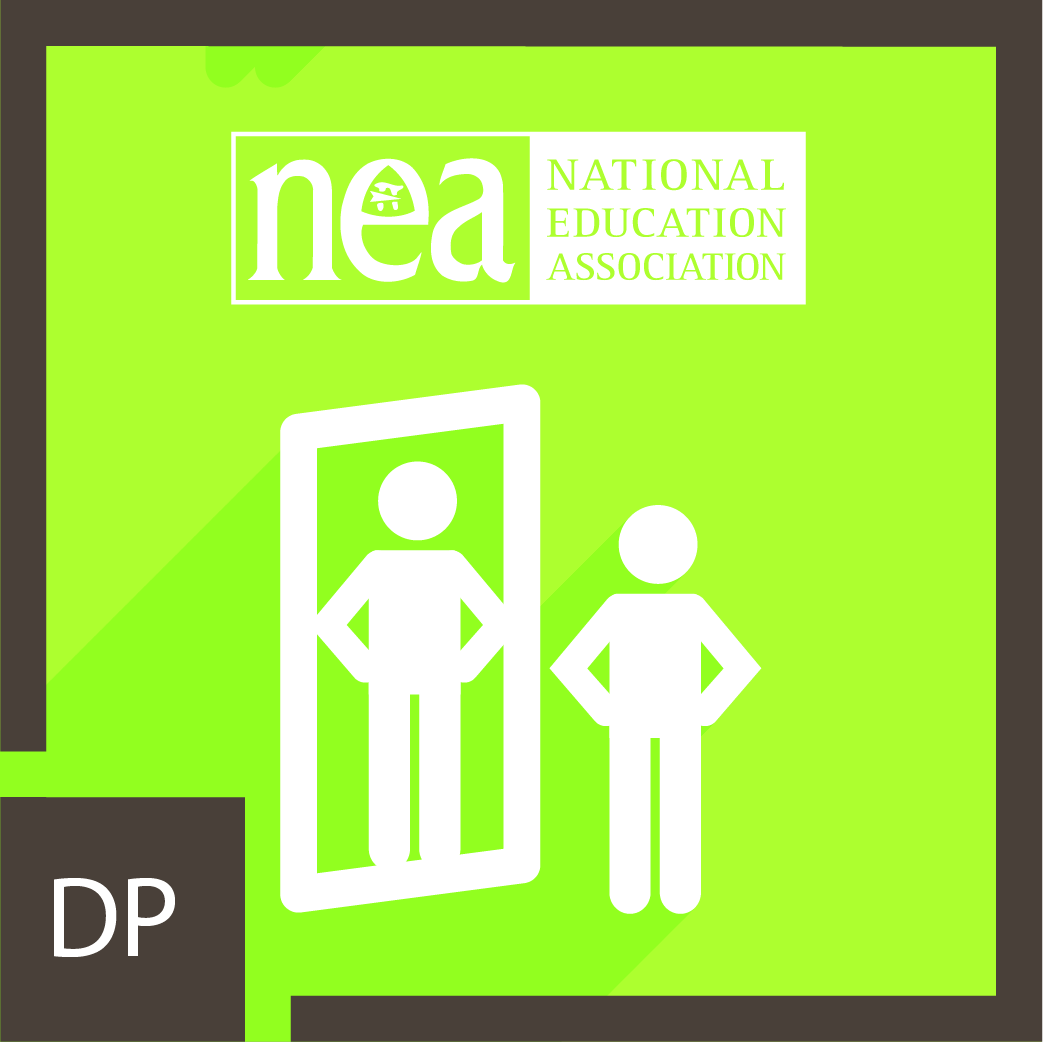
|
Cultural Competence Standard
The Education Support Professional (ESP) examines their own cultural context, understands the cultural contexts of others, and interacts across cultural contexts with sensitivity to difference (e.g., economics, race, gender, and disability).
Types of Evidence Required: Professional vision, professional growth plan AND documentation
[View PDF]
|
Start
|
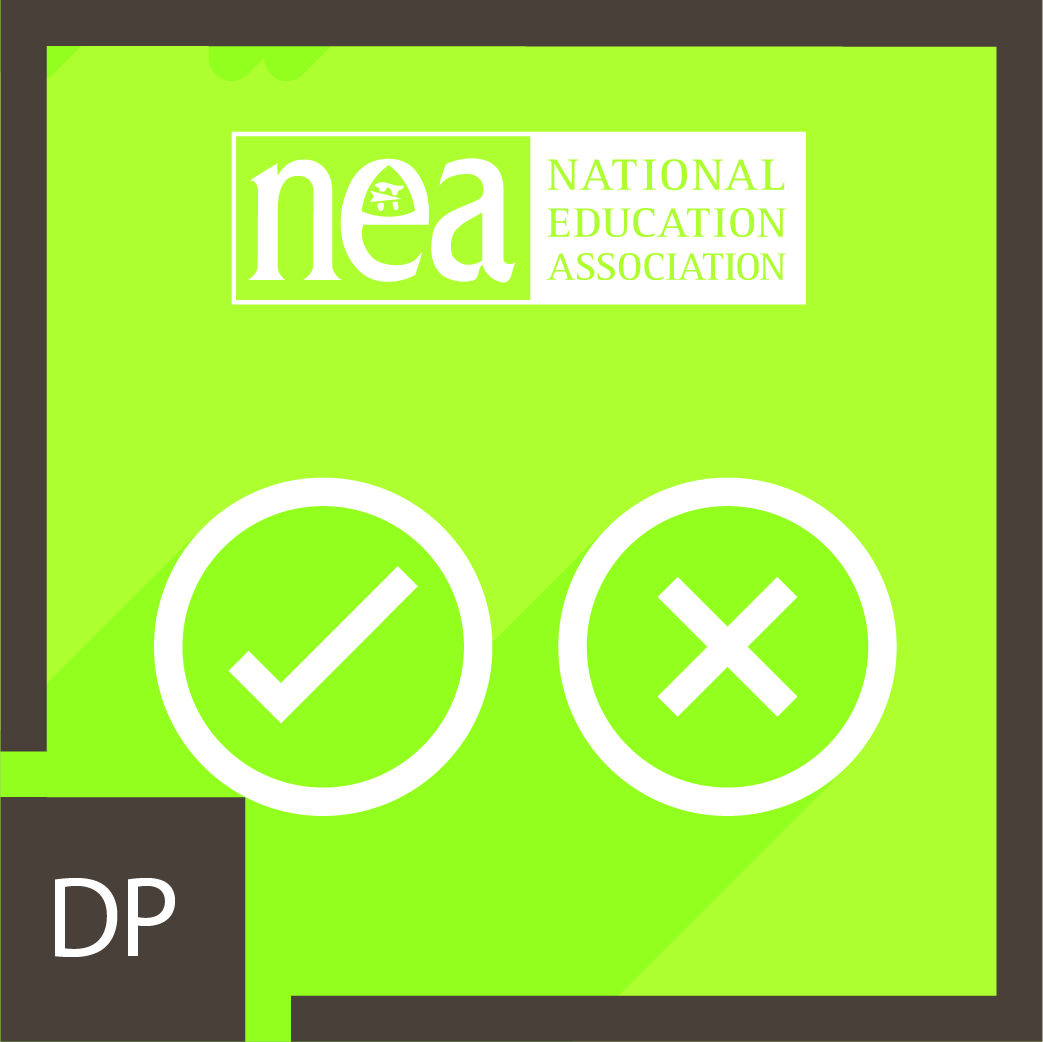
|
Ethics Standard
The Education Support Professional (ESP) maintains a high level of ethical behavior, confidentiality, and privacy regarding any information relating to students, staff, and all career-related matters.
Types of Evidence Required: Professional vision, professional growth plan AND documentation
[View PDF]
|
Start
|
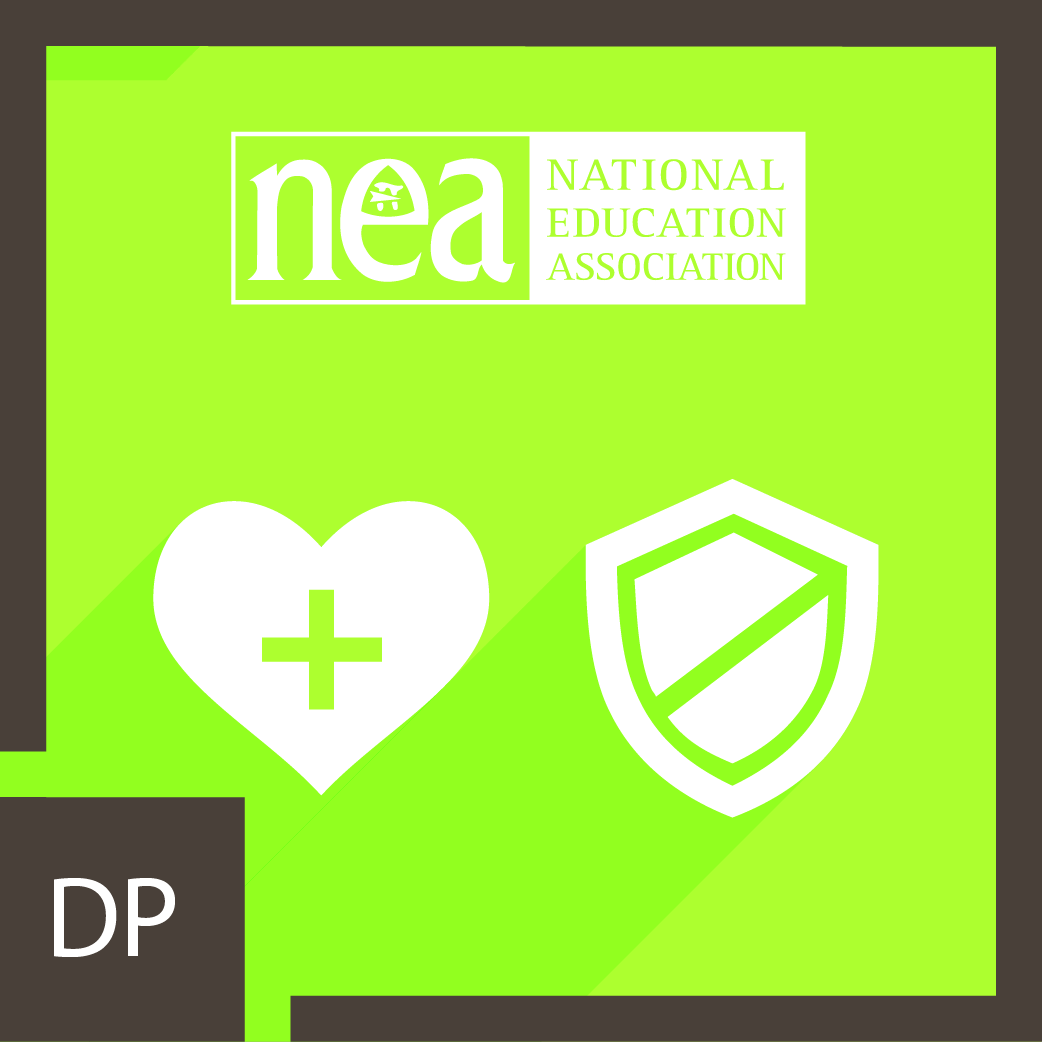
|
Health and Safety Standard
The Education Support Professional (ESP) protects the health and safety of oneself and others by knowing and executing health, safety, and emergency protocols/procedures with fidelity.
Types of Evidence Required: Professional vision, professional growth plan AND documentation
[View PDF]
|
Start
|
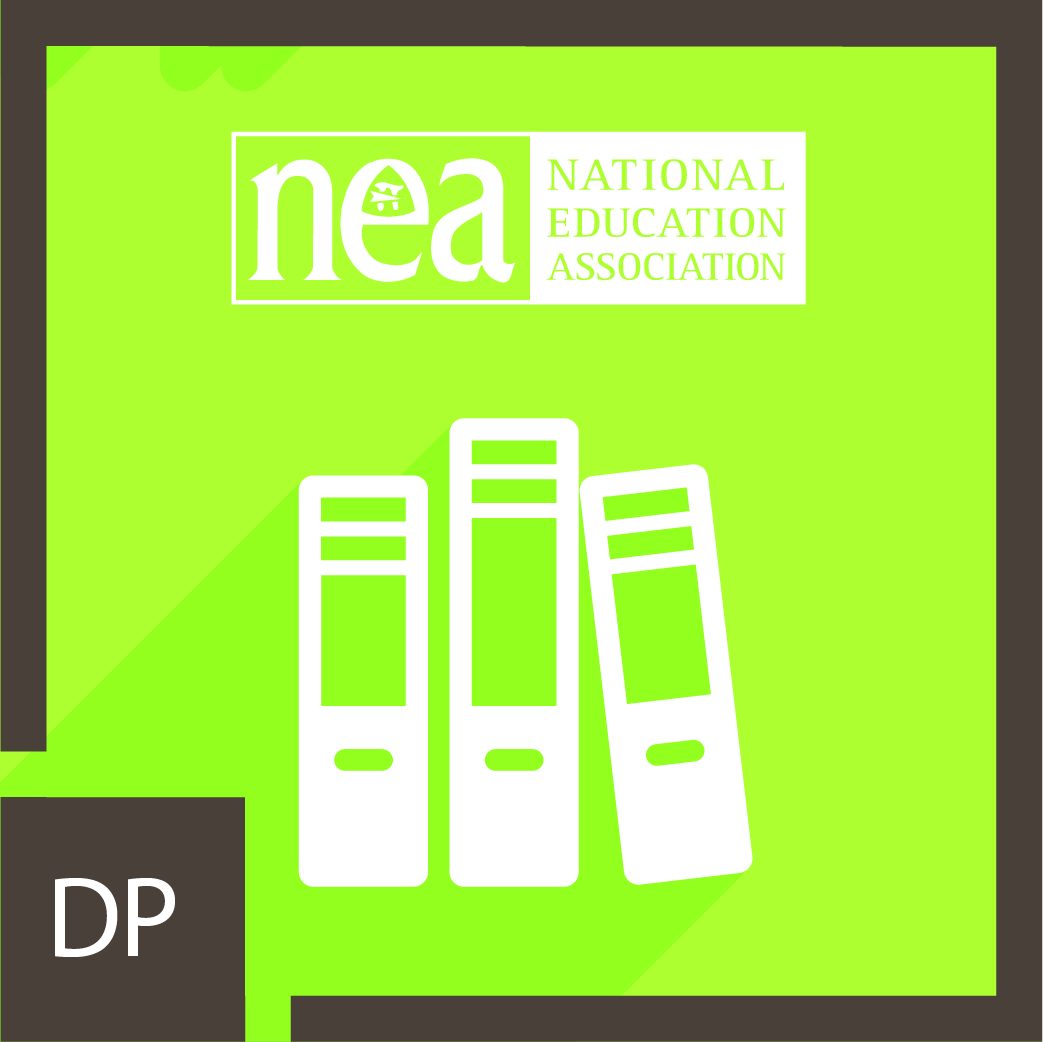
|
Organization Standard
The Education Support Professional (ESP) prioritizes, plans, and executes tasks efficiently and effectively.
Types of Evidence Required: Professional vision, professional growth plan AND documentation
[View PDF]
|
Start
|
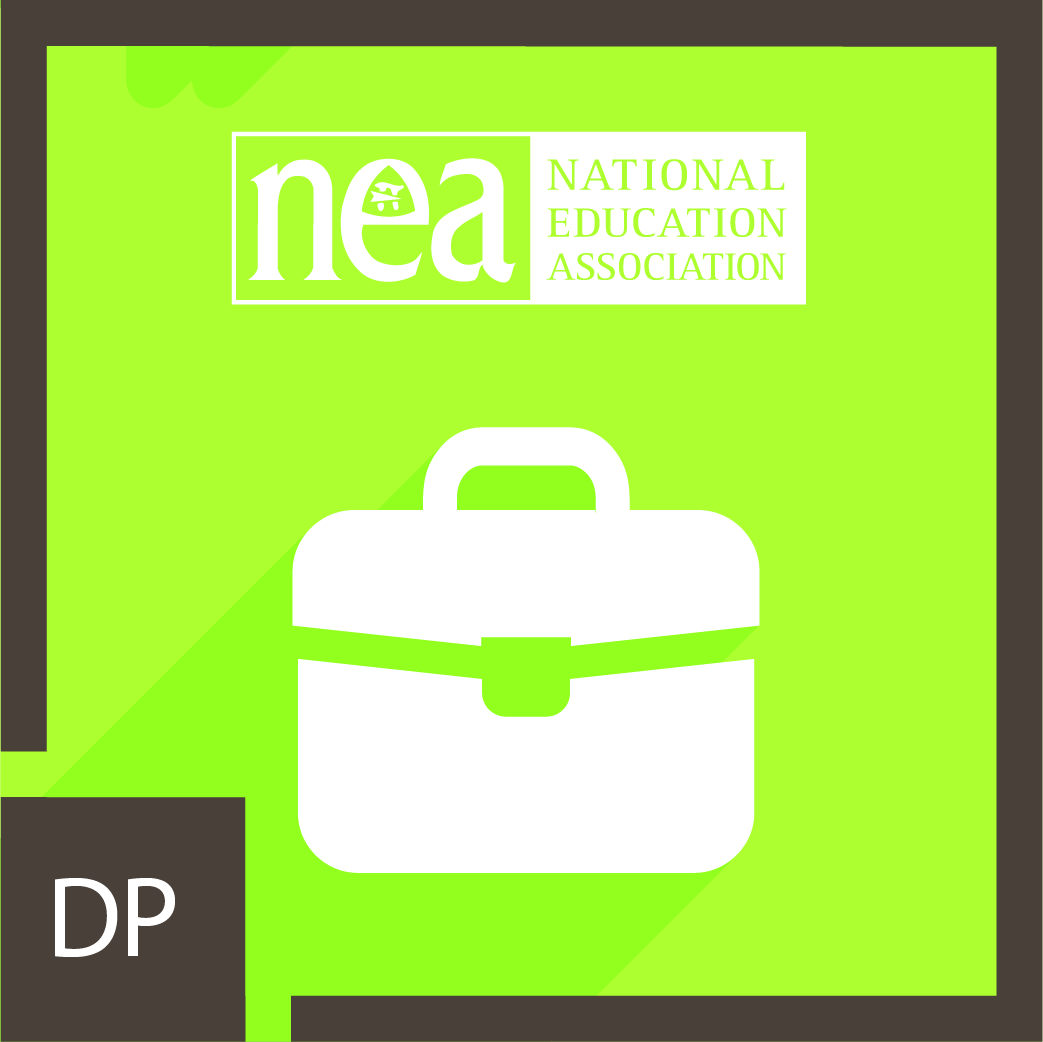
|
Professionalism Standard
The Education Support Professional (ESP) presents and conducts oneself with skill around career roles while maintaining high expectations and responsibility to one's students, colleagues, and profession.
Types of Evidence Required: Professional vision, professional growth plan AND documentation
[View PDF]
|
Start
|
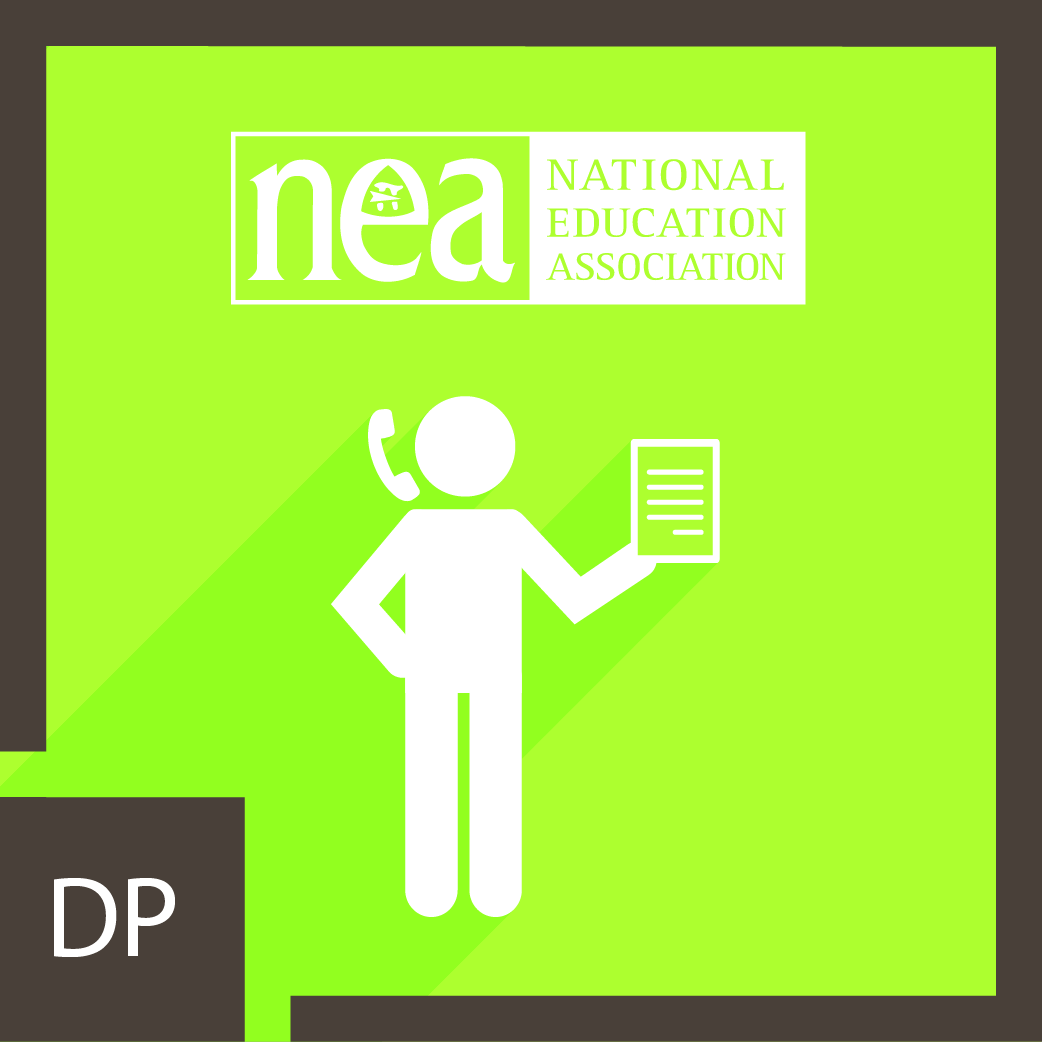
|
Reporting Standard
The Education Support Professional (ESP) understands the responsibilities of a mandated reporter, including what, when, how, and to whom reports should be filed.
Types of Evidence Required: Professional vision, professional growth plan AND documentation
[View PDF]
|
Start
|
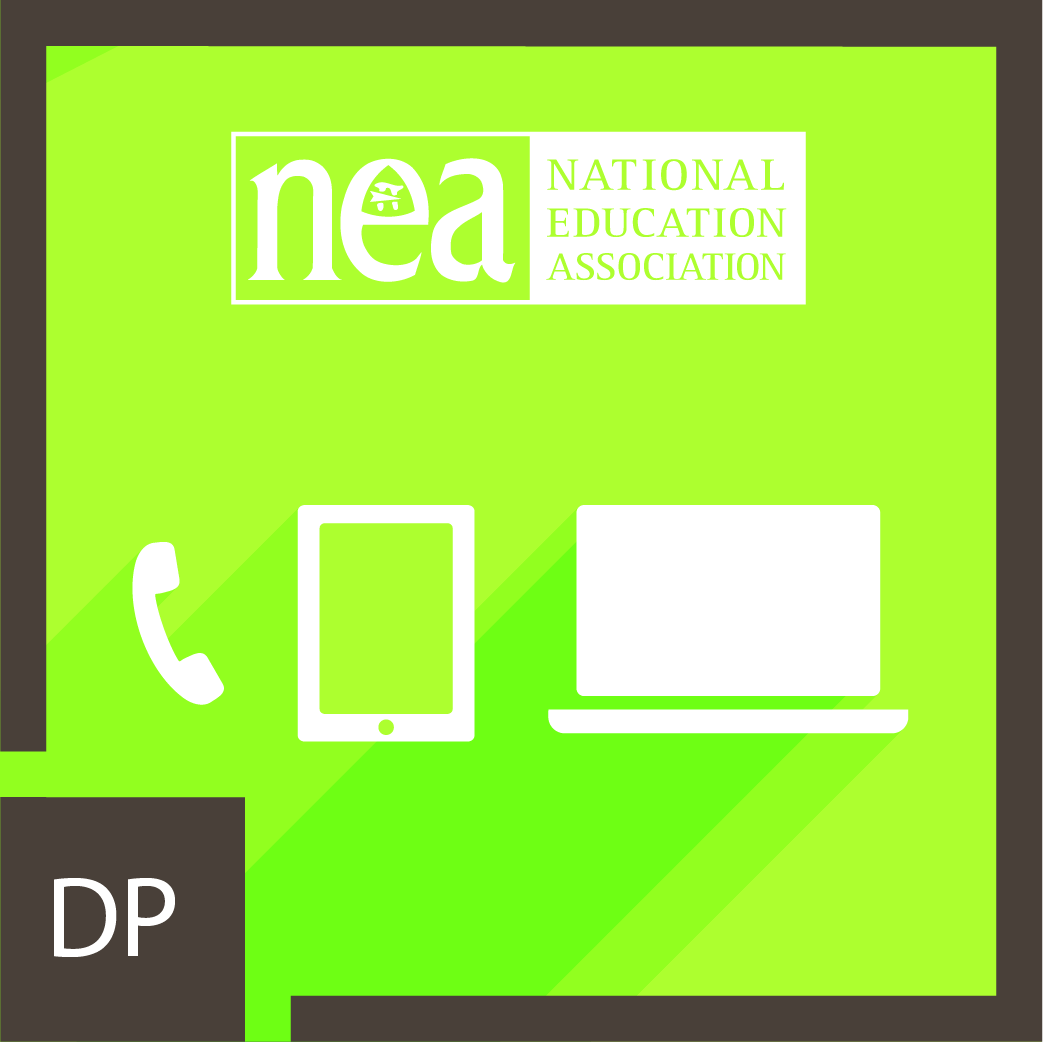
|
Technology Standard
The Education Support Professional (ESP) uses electronic devices to problem-solve and complete work-related duties.
Types of Evidence Required: Professional vision, professional growth plan AND documentation
[View PDF]
|
Start
|